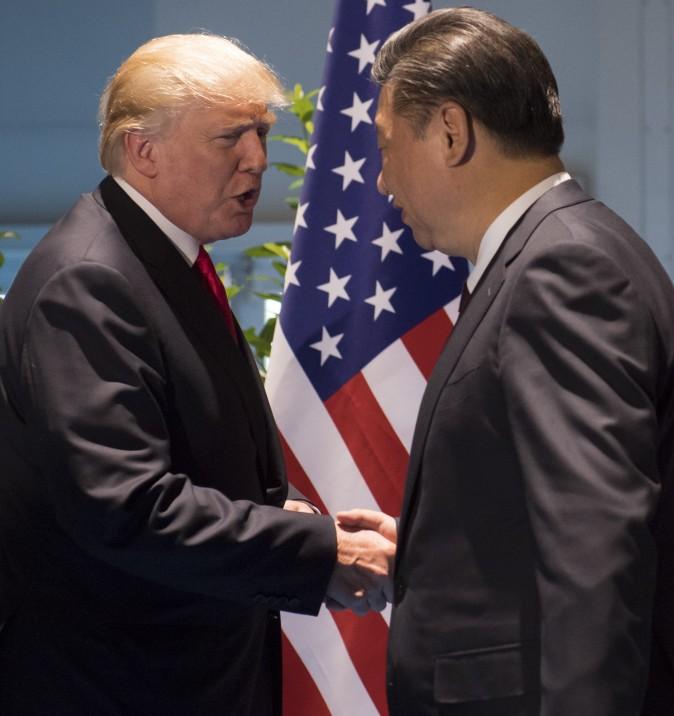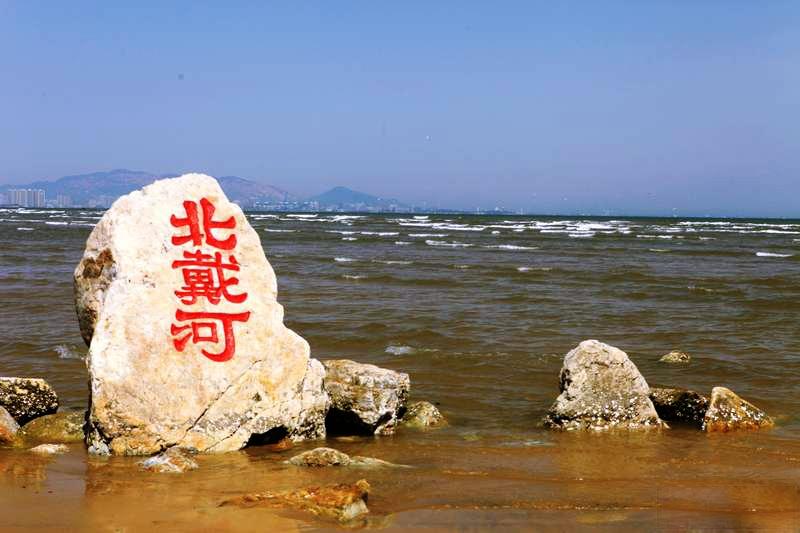The brutal slaying on Oct. 5 of thirteen Chinese crewmen by a gang of thieves in the Golden Triangle of the Mekong River in Thailand has shocked the Chinese people and the international community. Ten days later, the Chinese communist authorities have still taken no action except to say that they are “highly concerned.”
The 13 Chinese crewmen of the Huaping, a Chinese cargo ship, were shot dead after being tied up. Most of their bodies had several gun shot wounds, and some were stabbed. The tongue of a female cook, Li Yan, was cut in half. One of the eyes of chief engineer Wang Guichao was gone. The criminals were unscrupulous and seemed unafraid of “powerful China.”
When their people’s lives are threatened in foreign countries, all normal countries and governments will do their best, even using all national resources, to rescue them. To protect the lives and property of its citizens from being violated is the responsibility of the governments of all free and democratic countries.
Has there ever been any case of Chinese people and overseas Chinese being protected when they were in danger? There has been.
Taiwan Rescues Overseas Chinese
In September 1970, nearly 100 Chinese were killed or injured in Indonesia in just five days during anti-Chinese disturbances. Hundreds of Chinese rushed to the Embassy of the Republic of China (ROC), also known as Taiwan, in Jakarta to seek refuge and were trapped there by Indonesian military and police who surrounded the Embassy. Embassy staff sent an urgent telegram to Taipei, and Chiang Kai-shek, then President of Taiwan, immediately held a special meeting to discuss the issue that same night.
Soon thereafter, Chiang deployed and personally directed a military rescue mission involving elite Marine Corps troops as well as air and land forces. On Sept. 15, 1970 eight helicopters, under the risk of being shot down by Indonesian anti-aircraft fire, landed at the Embassy.
Indonesian authorities then mobilized a large number of military forces and police to attack the Embassy. However, second Lieutenant Liao Jun of the ROP’s “Sea Dragon” troop held off the Indonesian army with M-60 machine guns and commanded his men to attack with grenades. In the end, Liao fought with a bayonet and shovel. The Indonesian forces finally withdrew after having sustained many injuries and deaths.
On the next day, the Embassy staff and 574 overseas Chinese were rescued by helicopter to the ROC fleet on the sea. Twelve of the 127 Sea Dragon troops were killed and 23 wounded.
May 1998 Riots
In sharp contrast to this rescue mission by the ROC stands the attitude of the Chinese communist regime during another major political crisis in Indonesia, known as the May 1998 Riots, triggered by economic problems and mass unemployment.
Protests and violence spread throughout Indonesia. According to a number of accounts, the Chinese community, in particular, became a target for organized crimes, with allegations of the military being involved.
In many cities shops owned by Chinese Indonesians were the most common targets of looting. Jakarta’s Chinatown was badly damaged by mobs, more than 1,200 Chinese were killed, and a large, unconfirmed number of Chinese women raped. Many Chinese Indonesians fled to Malaysia and Singapore. The Chinese regime declared that they would not interfere with another country’s internal affairs and blocked the news from spreading in China.
Foreign countries took actions to evacuate their nationals from Indonesia. U.S. forces organized flights for its citizens, and kept the USS Belleau Wood and a marine helicopter squadron stationed in the region as part of an evacuation plan for U.S. citizens.
The U.S. also expressed concern to Indonesian authorities about the brutal actions against the Chinese.
News of the attacks on Chinese Indonesians and of China’s response caused a stir in the international ethnic Chinese community.
Chinese Indonesians later hung banners that said, “Better to be an American dog than a Chinese person.”
Taiwan again took a stance “based on the principles of protecting overseas Chinese and protecting human rights” and threatened to withdraw investments from Indonesia, unless those involved in the violence were brought to justice.
Socialist System First
According to the Pentagon’s 2011 annual military report on China, China’s military expenditure reached 601.1 billion yuan (US$91.5 billion) in 2011, increasing 12.7 percent over last year. The PLA navy owns 75 naval vessels, over 60 submarines, 55 medium and large amphibious ships, and around 85 small combat ships equipped with missiles. China has deployed 490 combat aircraft against Taiwan. They can arrive in the arena of war without aerial refueling. The People’s Liberation Army has about 1.25 million members.
There are also millions of armed and regular police in China. Take Wuhan City for an example. Wuhan’s Political and Legal Committee required 20,000 police to patrol in the city on Aug. 27 to insure a safe environment for the 100th anniversary of the Xinhai Revolution.
Can’t all these Chinese military forces protect the Chinese people’s safety?
Chinese Defense Minister Liang Guanglie’s speech in Singapore this June can be reflected on. When answering the question of China’s core interest, Liang said without any hesitation, “First comes the socialist system, and then the integrity of national sovereignty and territory.”
Then, who will protect the Chinese people in time of disaster?
Read the original Chinese article.
[email protected]



